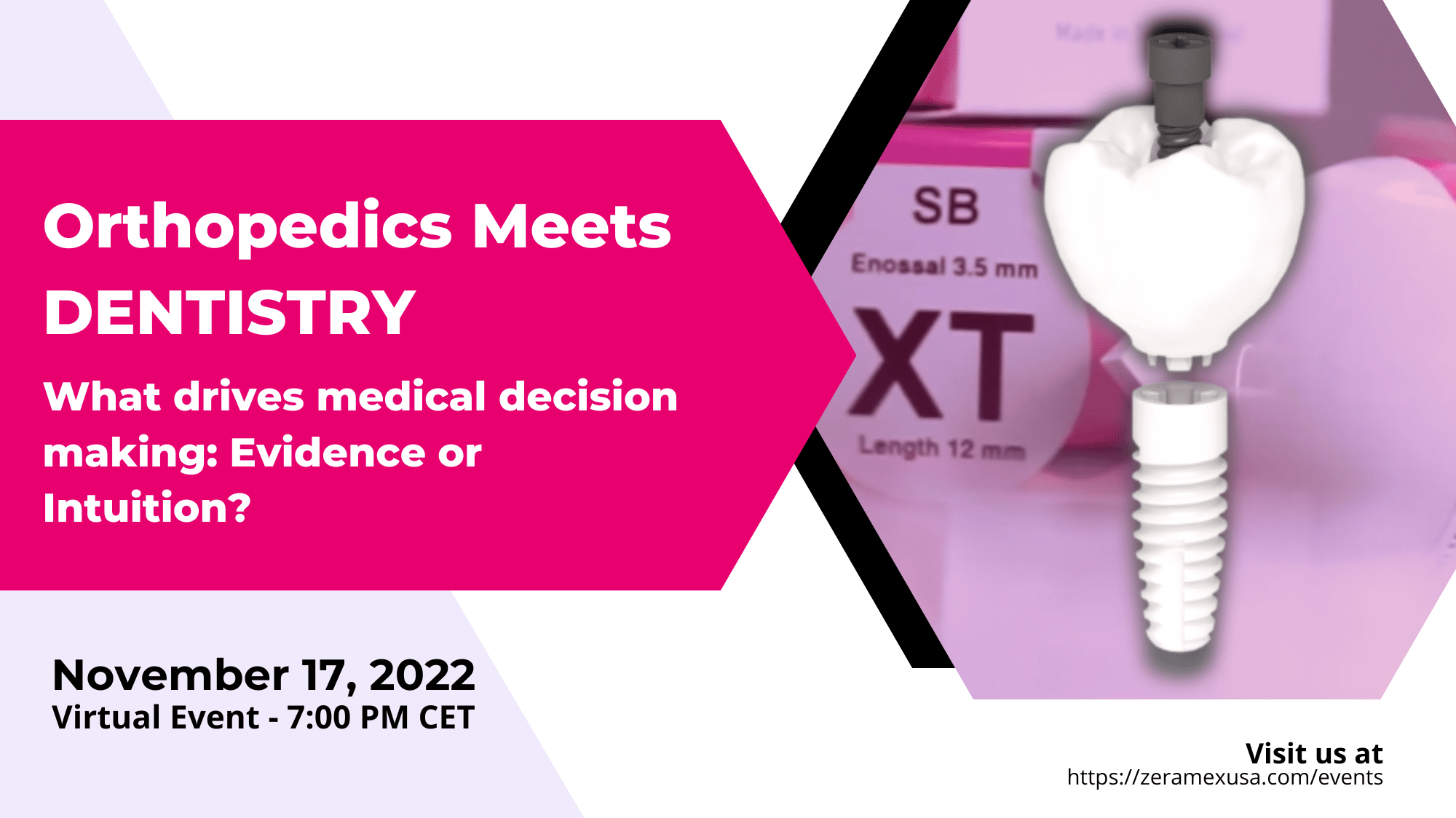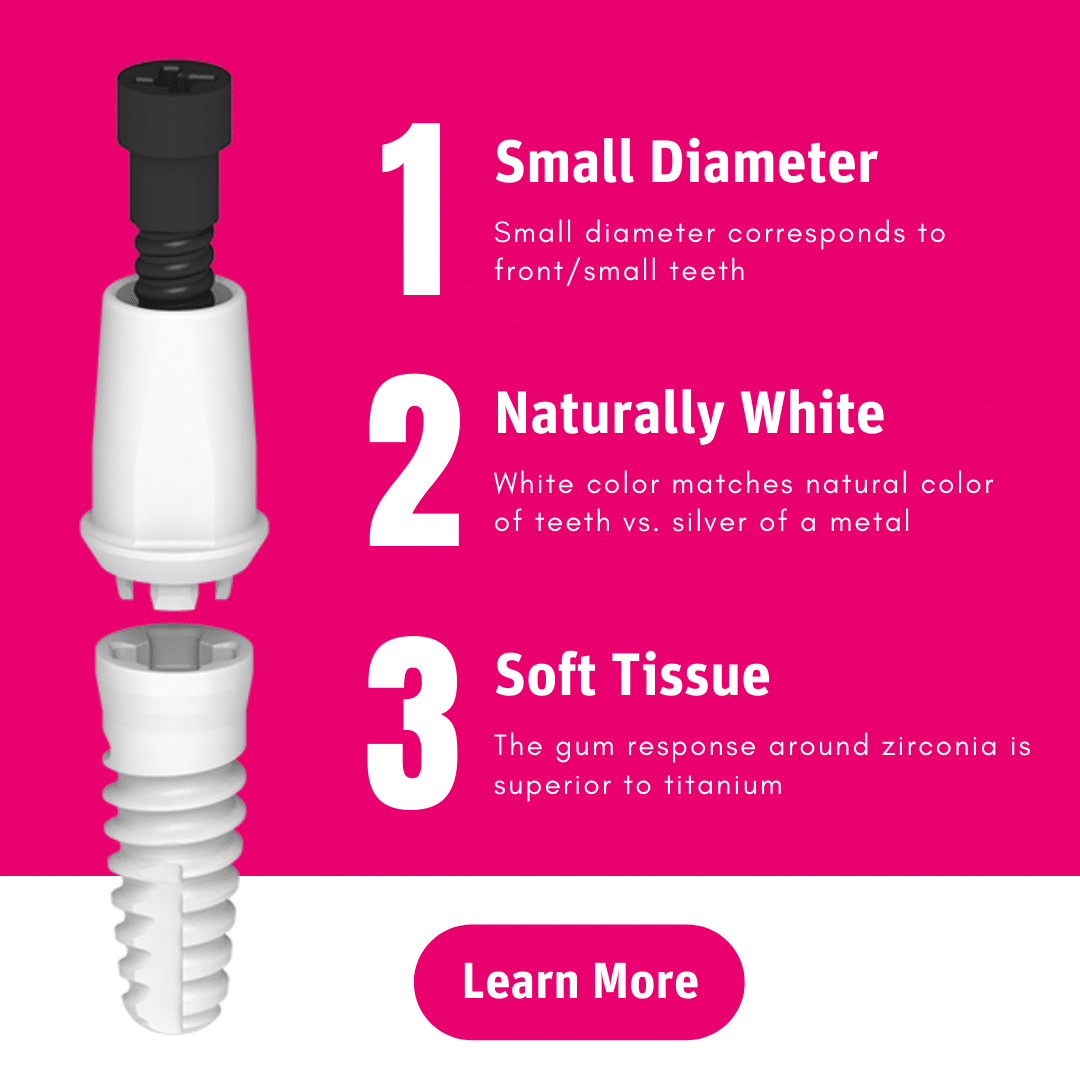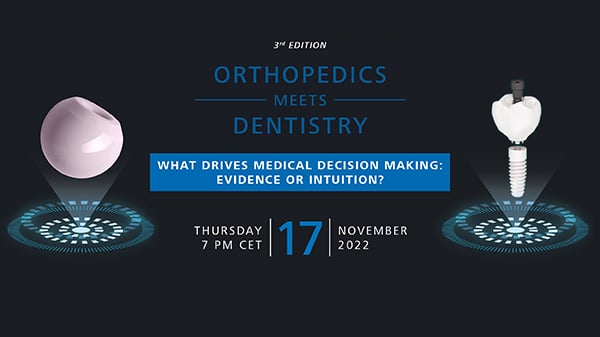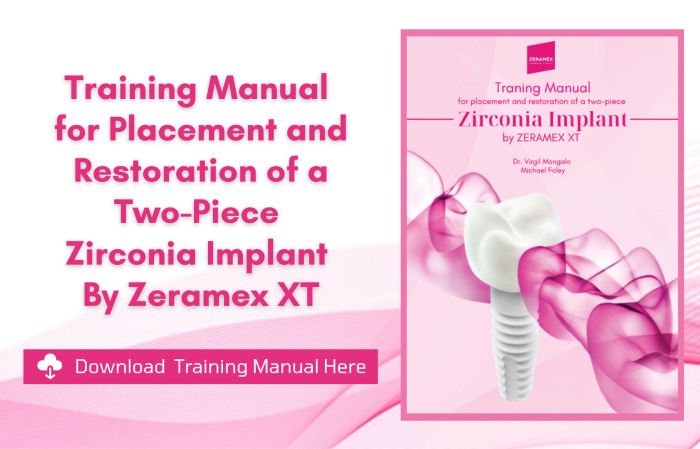
Location
- Online Course
Date
- Nov 17 2022
- Expired!
Time
- All Day
Dentists Outpace Orthopedic Surgeons in the Sale of Dental Implants – and for Good Reason!
Dental Implants: The Top Choice for Dentists and Orthopedic Surgeons
Dentistry and orthopedic surgery are two distinct medical specialties that focus on different parts of the body. Dentists are trained to diagnose, treat, and prevent diseases and conditions that affect the teeth, gums, and mouth, while orthopedic surgeons are trained to diagnose and treat conditions that affect the musculoskeletal system, which includes the bones, joints, ligaments, tendons, and muscles. Despite their differences, these two specialties can sometimes work together to provide better care for patients.
One area where dentistry and orthopedic surgery can collaborate is in the use of dental implants. Dental implants are a type of implantable device that is used to replace missing teeth. They are made of a titanium screw that is surgically placed into the jawbone, where it serves as a replacement for the tooth root. The implant is then covered with a crown, which looks and functions like a natural tooth.
Orthopedic surgeons may be involved in the placement of dental implants, particularly in cases where the jawbone needs to be strengthened or rebuilt in order to support the implant. In such cases, the orthopedic surgeon may perform a bone graft or other surgical procedure to prepare the jaw for the implant.
Despite this potential for collaboration, dentistry and orthopedic surgery are still quite distinct specialties. Dentists and orthopedic surgeons have different areas of expertise and training, and they typically focus on different parts of the body. However, in some cases, such as the use of dental implants, the two specialties can work together to provide better care for patients.
Watch the replay here:
About the Event

Strong. Aesthetic. Metal-free
Designed for anterior aesthetics! The Zeramex®XT 3.5 diameter displays superior aesthetics because of its white color and small size. Even in the thinnest tissue type the 3.5 mm implants offer natural tooth color and will never show any metallic color.

